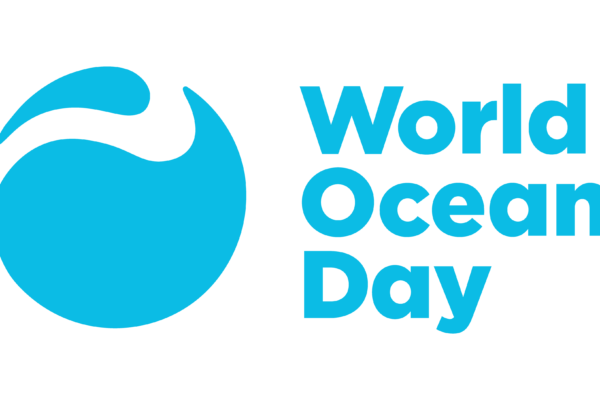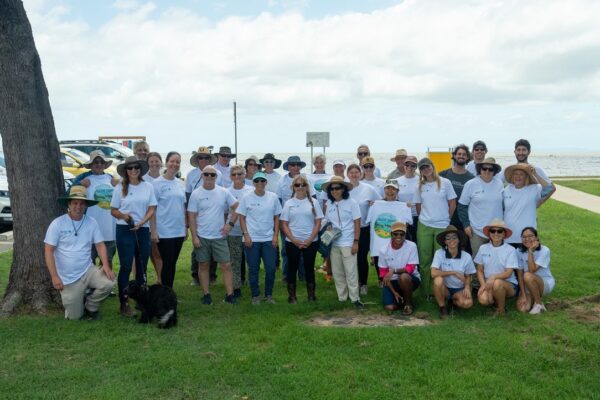In the round up this week: newest audience insights, why bliss is ignorance when it comes to climate change, teen flight, and more. Lots to cover today so summaries will be brief - but it's all highly recommended!
If you’re a science communicator or educator at an informal science center (such as a zoo, aquarium, or museum) trying to encourage conservation action – this is the round up for you! Every Friday we break down the week’s most interesting news and best resources to help you frame the issues as effectively as possible.
Audience Insights
As you probably already know, tailoring your message to your audience is an essential part of effective communication. This was a good week for audience insights, with a few big studies and some thought provoking articles to check out.
American Support for Climate & Energy Policies in April 2013
The first of two interesting reports from the Yale Project on Climate Change Communication - this survey has found "super majorities" of the American public support climate change action by the government. 87% (down 5 percentage points since Fall 2012) say the president and Congress should make developing clean energy a priority. Most Americans (70%, down 7 points since Fall 2012) say global warming should be a government priority.
The Yale Project on Climate Change Communication also released their new national study of the Indian public's stance on climate change. Much like their Global Warming's Six Americas studies, it segments the Indian public by their attitude towards climate change: the Informed, the Experienced, the Undecided, the Unconcerned, the Indifferent, and the Disengaged.
Why Happy People Hide From Climate Change
Ignorance is bliss; and vice versa apparently. New research suggests that people who have positive feelings about climate change (like 'hopefulness') are more likely to avoid seeking information about it. Interestingly, the researcher found that this avoidance behavior has a social norm dimension: people who thought their peers were avoiding info on climate change were more likely to do the same. This again underscores how important it is to share peoples' stories and publicize that many are taking action on these issues.
Top 5 Things You Need To Know About Immigrants And The Environment
A good round up of why, in America, environmental communicators would be crazy to ignore immigrant communities. This supports The Ocean Project's research which has found that American households where English is a second language are more likely to take environmental action, and support higher taxes for environmental reasons.
Teens tire of Facebook, turn to Twitter
If your organization does youth outreach (and our research shows it should) online, this is a good shift to be aware of. Most teens do use Facebook, but more are migrating to alternative social media sites - maybe because 7 in 10 are friends with their parents on the network. Drama and adults on Facebook could be to the reason teen Twitter use has risen to 24% (up from 16% in 2011).
More thoughts
Some more interesting articles and news to read:
- Inspiring appeals to emotional communication: Why conservation needs emotion
- Personal story: Colorado's state climatologist says the High Park Fire granted him the permission, courage to talk about climate change
- Climate change and public health: Heatwave deaths in New York city could rise by up to 22%, study shows




